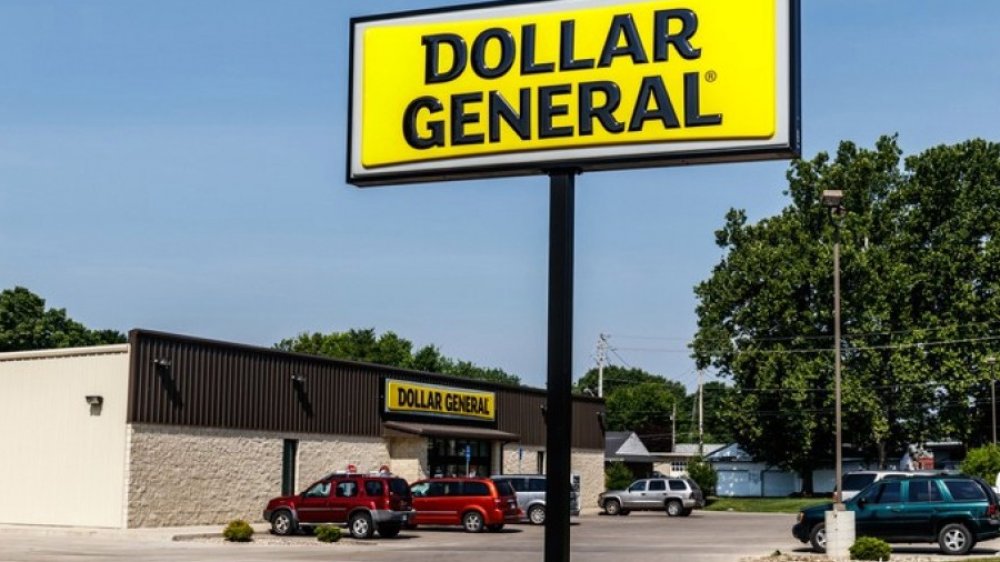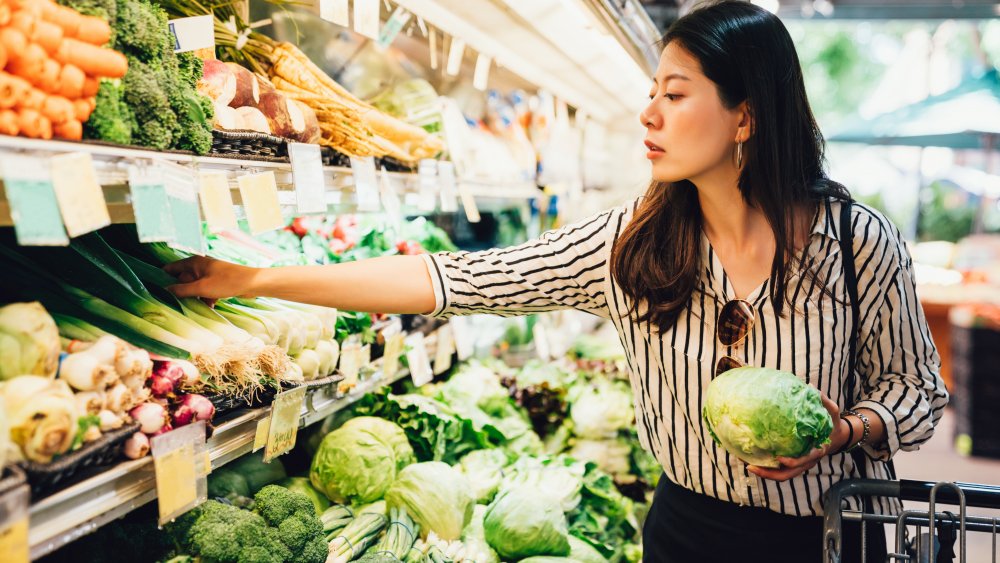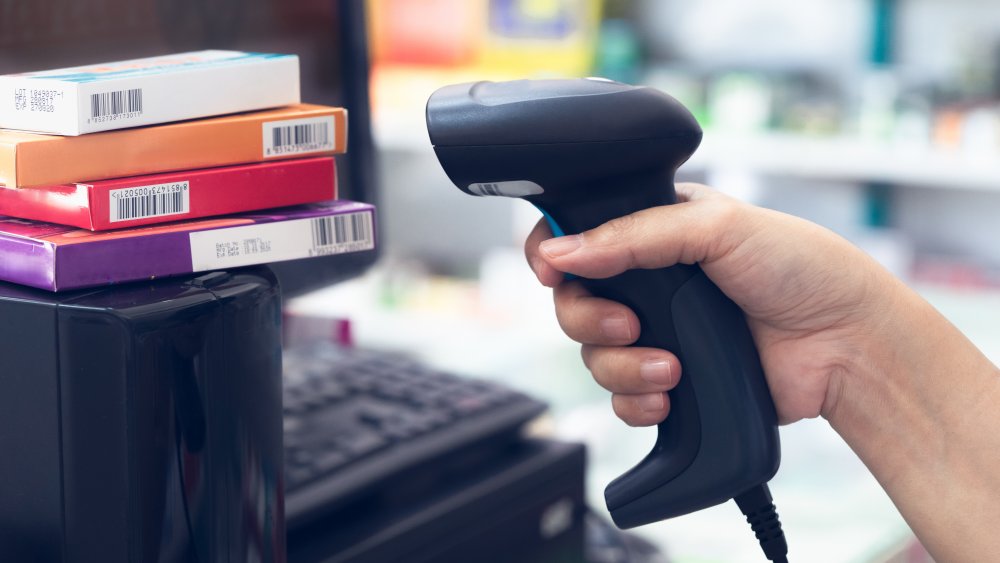Read This Before You Set Foot In Dollar General Again
It may be tempting to get most of your shopping done at Dollar General. After all, it's affordable, and according to GlobalData Retail, 75 percent of Americans live within five minutes of one of the stores (via Business Insider). However, before you go in and load up your cart, there are some things you might want to keep in mind.
The opening of a Dollar General sometimes can be bad news for local businesses. The Institute for Local Self-Reliance reported that stores like Dollar General seem to target neighborhoods in economic distress — in so-called "food deserts" where there is a scarcity of food and a lack of ways to easily get out to stores further away. Then, when grocery stores and other local shops can't compete with the dollar stores' prices, they're forced to close down. When the stores that sell fresh produce, meat, and fish close down, customers are left with the frozen and processed foods that Dollar General and other similar stores have to offer.
Dollar General hurts small businesses
Basically, Dollar General opens up in neighborhoods that are already struggling — and makes it even harder to be a store owner and harder for consumers to access healthy food options and other quality items, including makeup.
David Procter, a researcher who studies grocery stores in Kansas, told VICE News (via YouTube), "At least on a weekly basis, we get emails or calls from some small town saying, 'Dollar General has been in town, and our business has suffered,' or 'Dollar General is getting ready to move into town. Can you help us?'" He pointed out that Dollar General stores hire only five or six employees, compared to the 15 to 17 employees that local grocery stores hire, suggesting that Dollar General stores also reduce job options for local residents.
Dollar General doesn't offer enough healthy food options
CNN notes that a whopping 75 percent of Dollar General stores are found in communities that have 20,000 or fewer people, and they're usually around 15 miles away from a full-service grocery store. You typically won't find fresh fruits and veggies or meats in the stores — about the best you'll get is milk, eggs, and breads, plus a bunch of other highly-processed foods and prepackaged products.
To counter this, Dollar General did recently launch a few initiatives. In 2018, they started carrying packaged items meant to be "better for you" under their house brand "Good & Smart" such as dried fruits or nuts. They also developed DG Fresh, which is supposed to address the fresh food problem as the retailer expanded coolers to 3,500 stores. However, Dollar General's definition of "fresh" leaves some room for improvement. For example, they sell Swiss Miss hot chocolate and Lit'l Smokies, so it's not exactly the fresh produce and healthy snacks you might imagine.
The price isn't always a good deal
If that's not enough to consider, it's worth noting that dollar stores aren't always cheaper than other retailers. The Washington Post points out that you need to check the size and volume of items against the price. "In general, dollar stores provide great value," says Meaghan Brophy, a senior retail analyst. "But as many items are custom-made in smaller sizes by manufacturers for dollar stores, shoppers need to compare the price against weight, length and size." For example, your box of aluminum foil might cost less at a dollar store, but contain much less foil than the box at Aldi.
Also, it's worth noting that despite "Dollar" being in its name, the prices at Dollar General vary widely. While it may feel like you're getting a bargain no matter what you buy in the store because it sounds like an inexpensive place to shop, that isn't necessarily so. "Dollar stores are extremely convenient one-stop shopping, but if you have the time, it pays to compare prices and go where you get the best deal," says Janet Alvarez, executive editor of Wise Bread, a personal finance website.
These are all things to keep in mind the next time you need to shop.



